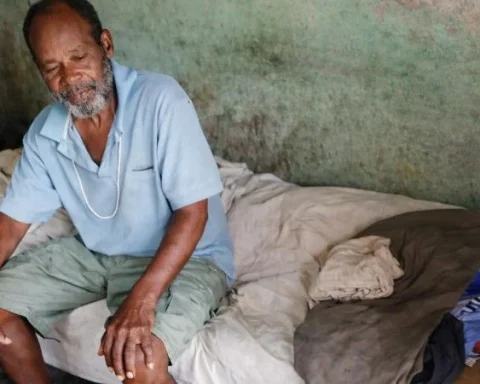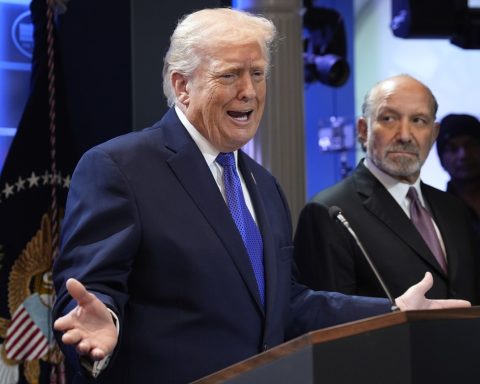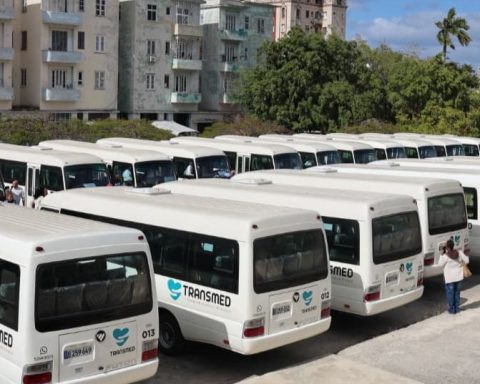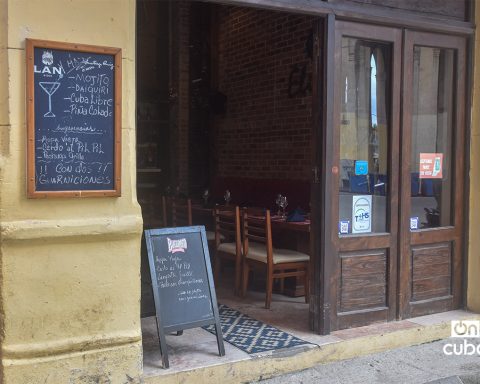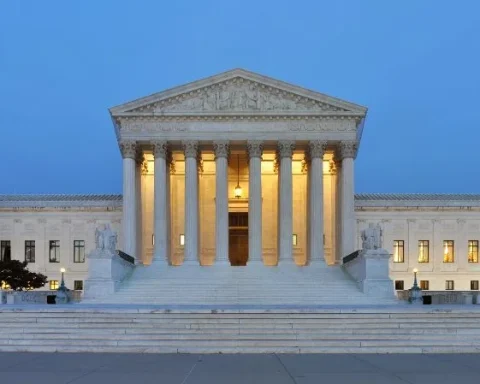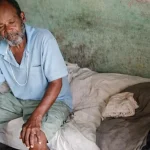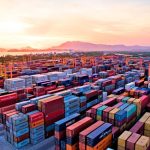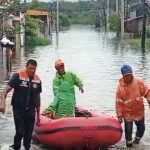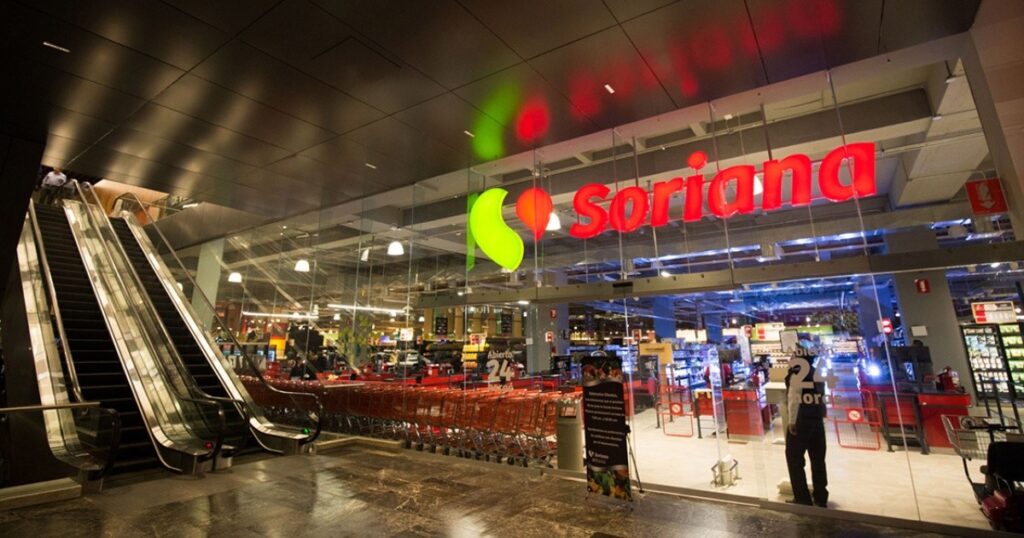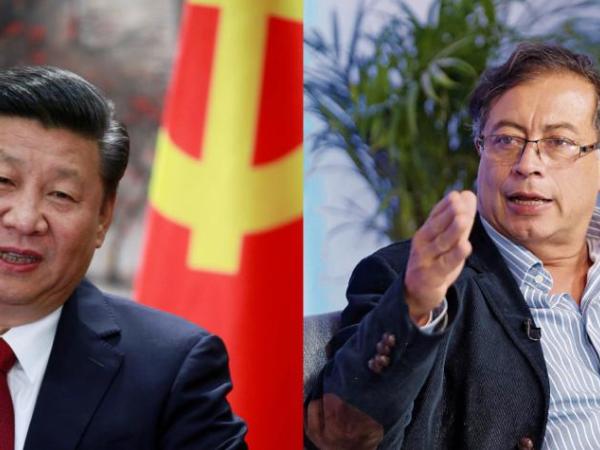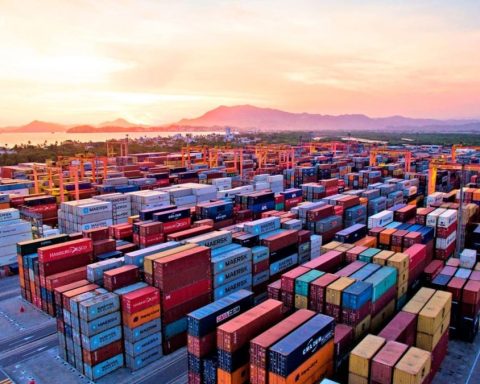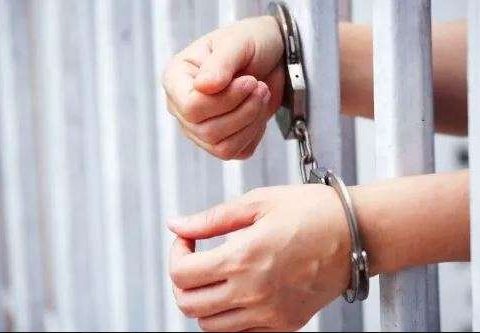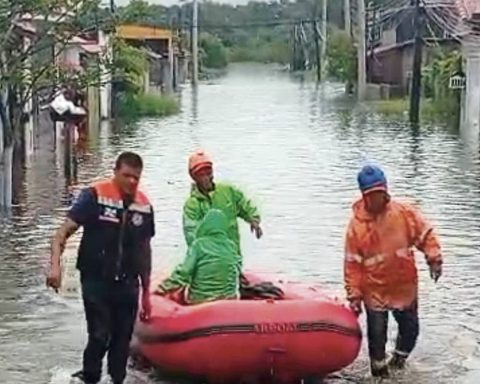MIAMI, United States.- The United States Embassy in Cuba criticized this Friday through its Twitter social network account the Havana regime, which it accused of not doing enough to eliminate Human Trafficking.
“The sending of medical workers and other professionals abroad in conditions similar to forced labor shows that Cuba is not doing enough to eliminate human trafficking,” wrote the diplomatic headquarters on the island.
The publication was accompanied by the most recent State Department report on these social conditions on the island. According to the document, Washington kept the government of Miguel Díaz-Canel in the Level 3 from his “black list”.
“Despite not having made any significant efforts, the government took some steps to tackle human trafficking. These include the investigation, prosecution and conviction of traffickers, and the identification of victims. However, during the period of this report, there was a government policy or pattern to profit from professional services export programs, with strong indications of forced labor, particularly in its program of medical missions abroad. .
The United States Department of State criticized that the Cuban regime uses deceptive and coercive techniques to complete the personnel required by the so-called internationalist missions, without considering possible labor violations and credible complaints from Non-Governmental Organizations (NGOs).
“The government did not inform the participants about the terms of their contracts, which vary from country to country; confiscated their passports, professional credentials and salaries; and threatened health professionals and their families if the participants left the program”, denounces the US government.
The report also includes the evolution of human rights violations in the Caribbean country during the last five years: “The government identified children, young women, the elderly and people with disabilities as the most vulnerable to human trafficking. . The experts expressed concern about Cuba’s LGBTQI+ population and their vulnerability to sex trafficking, and the increasing vulnerability of Cuban economic migrants, including cases of professional baseball players, to sex trafficking and forced labor. The government uses some pre-university students in rural areas to harvest crops and does not pay them for their work, claiming that this work is voluntary.”
Likewise, the text refers to the situation of health professionals, to whom the Castro regime pays minimum wages after collecting between 6,000 and 8,000 million dollars a year for their work.
“In almost all reports, workers receive only a portion of their salary ranging from 5 to 25%, and it is held in Cuban bank accounts – often in Cuban pesos instead of the hard currency that the government receives for its services-, which are waived if the participant leaves the program,” the document explained.
The blacklist was published this Tuesday in the 2022 Trafficking in Persons Report of the Department of State, which reviews the situation worldwide every year. Cuba was first included in that report in June 2019.
The island is part of the group along with 19 other countries, such as Venezuela, Nicaragua, China, North Korea, Syria, Iran, Russia and Belarus.
Receive information from CubaNet on your cell phone through WhatsApp. Send us a message with the word “CUBA” on the phone +1 (786) 316-2072, You can also subscribe to our electronic newsletter by giving click here.

